Private Pilot Privileges and Limitations: What You Can and Can't Do with Your Private Pilot Certificate
Dec 19, 2023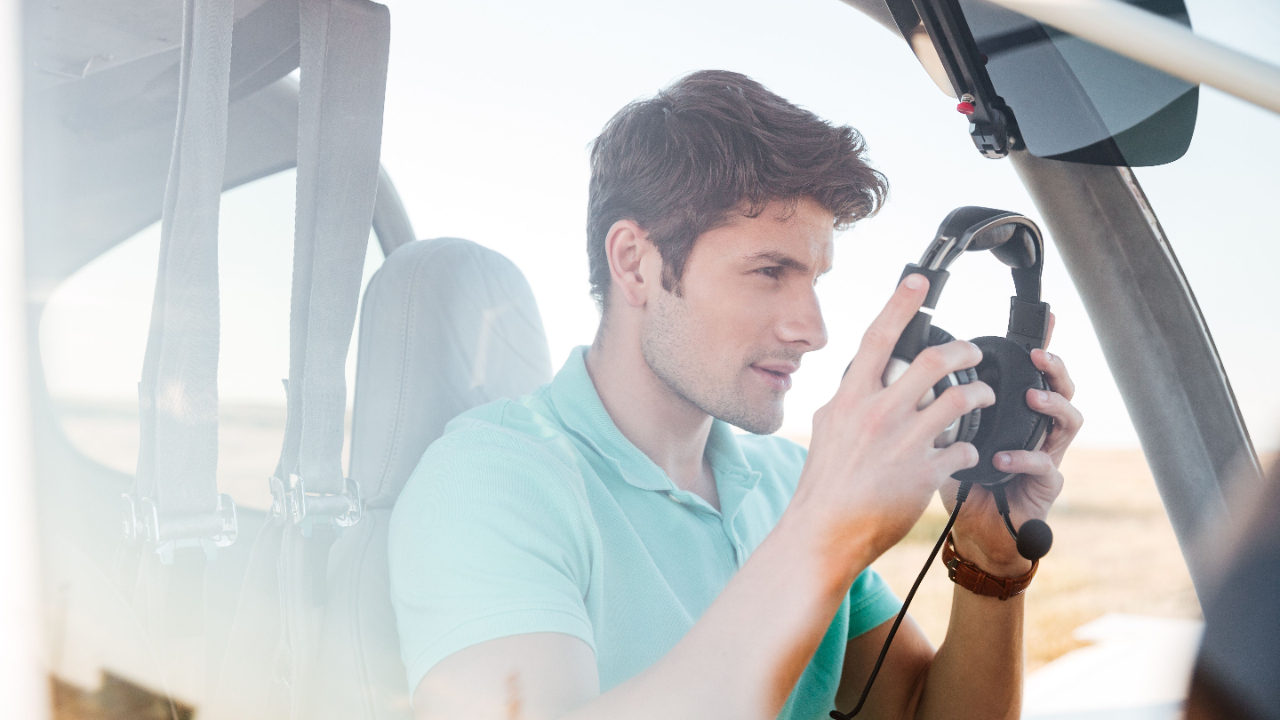
Earning a Private Pilot License (PPL) is deemed a significant milestone in the fast-paced and ever-evolving sphere of aviation. This esteemed certification serves as a strong foothold for aviation enthusiasts, equipping them with a comprehensive set of skills and knowledge required to take control of an airplane. With the possession of a PPL, individuals are authorized to pilot an aircraft privately, which is not only an exhilarating experience but also the initial stepping stone toward pursuing higher aviation licenses.
The relevance of a PPL, however, extends far beyond its immediate functional advantages. It offers valuable knowledge about the regulatory considerations in aviation, from understanding airspace classifications to complying with flight restrictions. Furthermore, it instills a deep awareness of safety procedures, emphasizing the importance of pre-flight planning, in-flight decision-making, and emergency handling, which are all pivotal to a pilot's responsibility.
In addition, holders of a PPL gain a fundamental understanding of aircraft mechanics. They learn key aspects of aircraft operation, including the interpretation of instrument readings, the impact of weather conditions on flight dynamics, and the nuances of navigation and communication systems. This enables them to react intelligently to diverse flight scenarios, enhancing operational efficiency and safety.
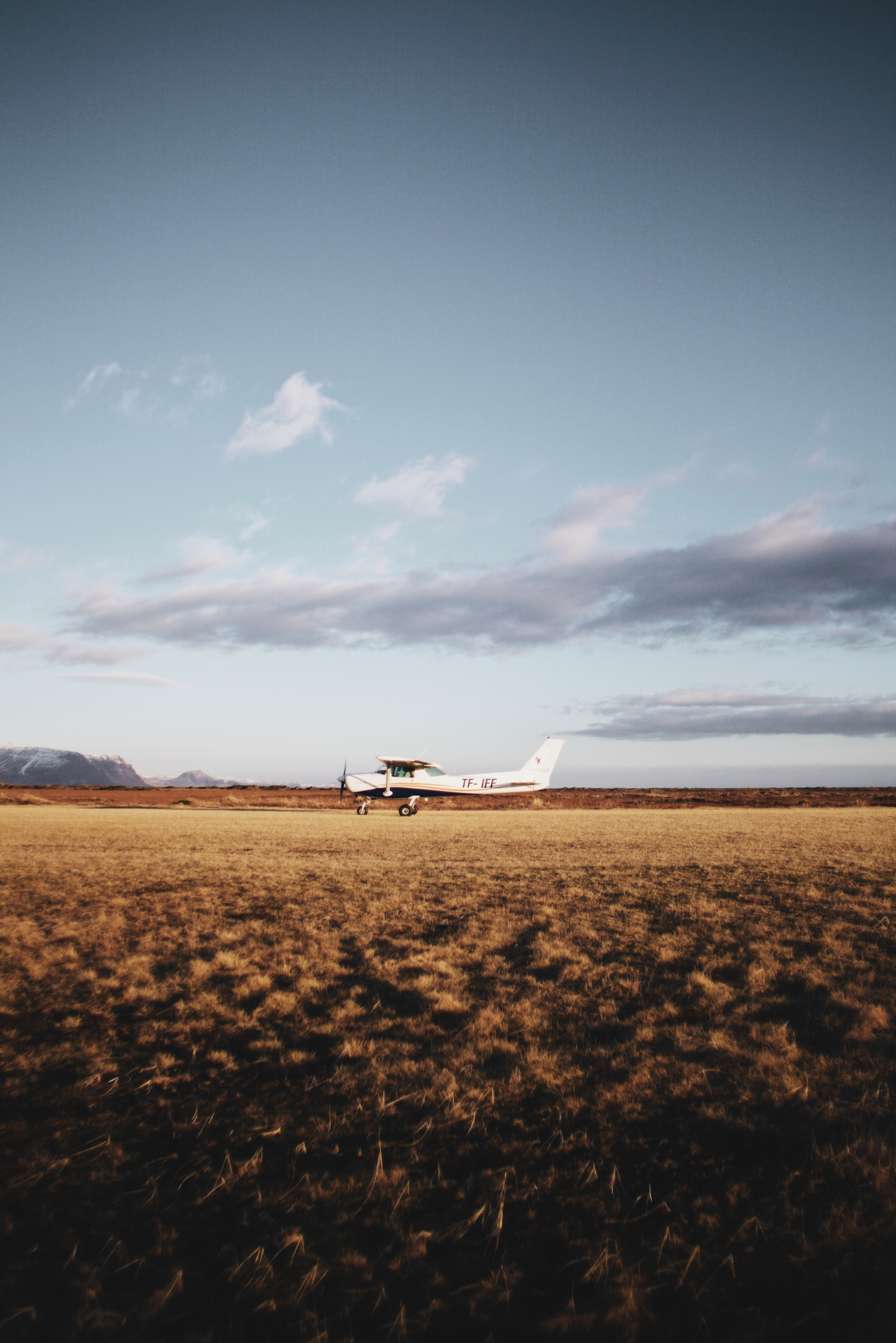
In essence, the PPL plays an indispensable role within the vast canvas that constitutes aviation. By giving individuals the wings to explore the sky, fostering deep-seated respect for aviation regulations, and offering a primer on the complex mechanics of aircraft, a PPL underscores its central position in shaping a well-rounded, knowledgeable, and safety-conscious pilot.
The purpose of this article is to educate you on the specific privileges and restrictions associated with a private pilot's license. It aims to clarify common misconceptions, provide a comprehensive understanding of the legal limitations, and impart the potential advantages of this certification. This information is key for those considering becoming a private pilot and also serves as a valuable reference for those currently holding the certificate.
An Overview of the Private Pilot License
A private pilot license is a type of pilot certification that permits you to command an aircraft. Unlike a student's pilot license or recreational certificate, a private pilot license gives you the liberty to fly an airplane day or night, under visual flight rules (VFR), and carry passengers.
It's like having your driver's license but in the sky! With this license, while you can't be compensated for flying or paid for your piloting services, the access and freedom it provides is genuinely unparalleled.
Requirements for a PPL
To embark on your journey as a private pilot, there are several key requirements that you must meet.

1. Age
You need to be at least 17 years old to apply for a private pilot license.
2. Medical Fitness
A third-class medical certificate is required, confirming you're physically and mentally fit to fly. This involves a medical examination by an Aviation Medical Examiner.
3. Training Requirements
You'll need to complete a minimum of 40 hours flight time, which includes at least 20 hours of flight time with an instructor and 10 hours of solo flight training time.
4. Knowledge Test
You must pass a written knowledge test to demonstrate your understanding of aviation theory.
5. Practical Test
Finally, you'll need to pass a practical test, also known as the 'checkride', with a Federal Aviation Administration (FAA) examiner, where you'll need to demonstrate your flying skills and decision-making capabilities in flight.
By meeting these conditions, you'll be well on your way to earning your private pilot's license, opening the doors to a whole new world of aviation adventures.
Benefits of a PPL
The private pilot license is the cornerstone of aviation training, and it holds unique importance within the aviation licensing hierarchy. The PPL's value lies not just in the freedom and flexibility it affords pilots, but also in the depth and breadth of knowledge it bestows upon them.
A PPL equips a pilot with a solid foundation of critical skills, from understanding complex navigation systems to making precision landings, from executing cross-country flights to handling emergency situations. Essentially, the PPL provides the groundwork from which a pilot can continue to build their aviation career, should they wish to do so.
Other Licenses
While other licenses such as the Recreational Pilot License (RPL) or the Sport Pilot License (SPL) can get you into the sky, they come with more significant restrictions than the PPL. For instance, the SPL doesn't allow night flying, and the RPL limits the number of passengers you can carry. On the contrary, with a PPL, you have the benefit of carrying any number of passengers, and you can fly day or night, giving you greater freedom to explore the skies at your convenience.
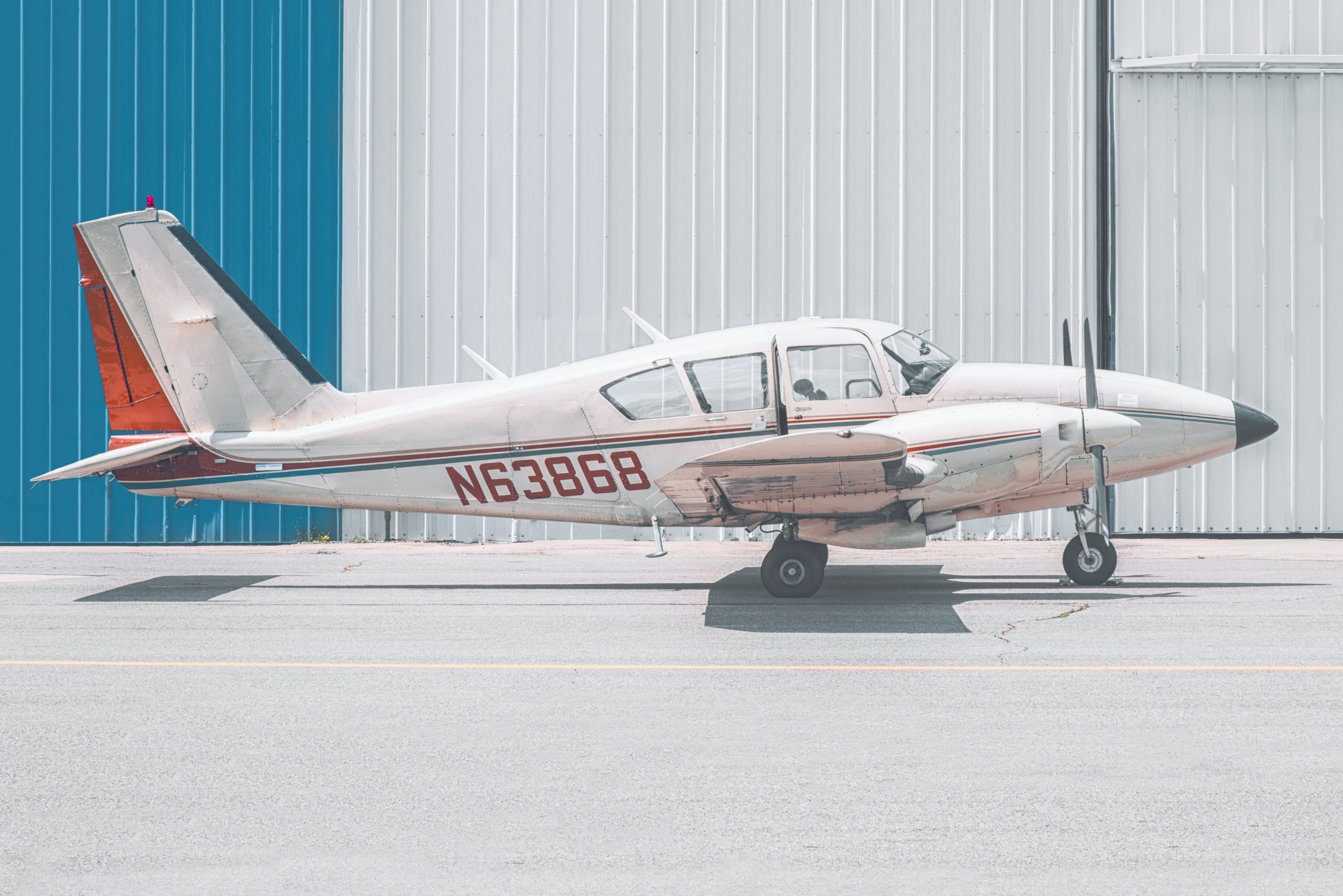
Another distinguishing factor lies in the training and testing requirements. The PPL requires a more comprehensive training program and rigorous testing, ensuring a higher level of proficiency and safety. Therefore, a Private Pilot License is not just about piloting an aircraft; it is about piloting such an aircraft with enhanced safety, knowledge, and expertise.
In essence, obtaining a PPL is a crucial step in the aviation journey. It symbolizes a significant commitment to learning, safety, and continued excellence in the field of aviation.
Exploring the Privileges of a Private Pilot
One of the most significant privileges granted to you as a private pilot is the freedom to fly an airplane independently. You can pilot an aircraft during the day or night under VFR, offering flexibility to fit your schedule. You can also carry passengers, sharing the joy of flight with family and friends. Carrying passengers, however, cannot pay for your piloting services as commercial activities are not permitted with a private pilot certificate.
Where Can You Go?
Your private pilot certificate lets you fly anywhere in the United States and even internationally, subject to the regulations of the foreign country you plan to visit. This makes long-distance travel more convenient and exciting, as you can plan your routes and fly at your own pace.

With a private pilot license, you're also permitted to operate in controlled airspace (like around and at bigger class D, class C, and class B airports) once you've received the appropriate training. This benefit allows you to gain experience in different types of airspace, enhancing your overall flying skills.
A Stepping Stone
Moreover, the private pilot certificate serves as a stepping stone for advanced ratings and certifications. It allows you to pursue instrument and commercial pilot licenses, should you wish to expand your aviation skills and career possibilities.
In summary, the privileges of a private pilot's license go far beyond just piloting an aircraft. It offers an unrivaled sense of freedom, the opportunity to share the thrill of flight, and the possibility of pursuing advanced aviation pursuits.
Understanding the Limitations of a Private Pilot
While the privileges of a private pilot license are numerous, it is essential to be aware of the limitations that come with it. The most prominent restriction is that you cannot use your private pilot certificate for commercial purposes. In other words, you cannot charge passengers or cargo for flights, nor can you be paid for your piloting services. It's imperative to remember that the private pilot certificate is about personal enjoyment and freedom, not commercial gain.
Another key limitation lies in the flight rules. As a private pilot, you are allowed to fly under VFR, which means you must maintain visual reference to the ground and have sufficient visibility. This can limit your flying conditions. If you wish to fly in weather conditions below VFR standards, you would need to obtain an Instrument Rating (IR).
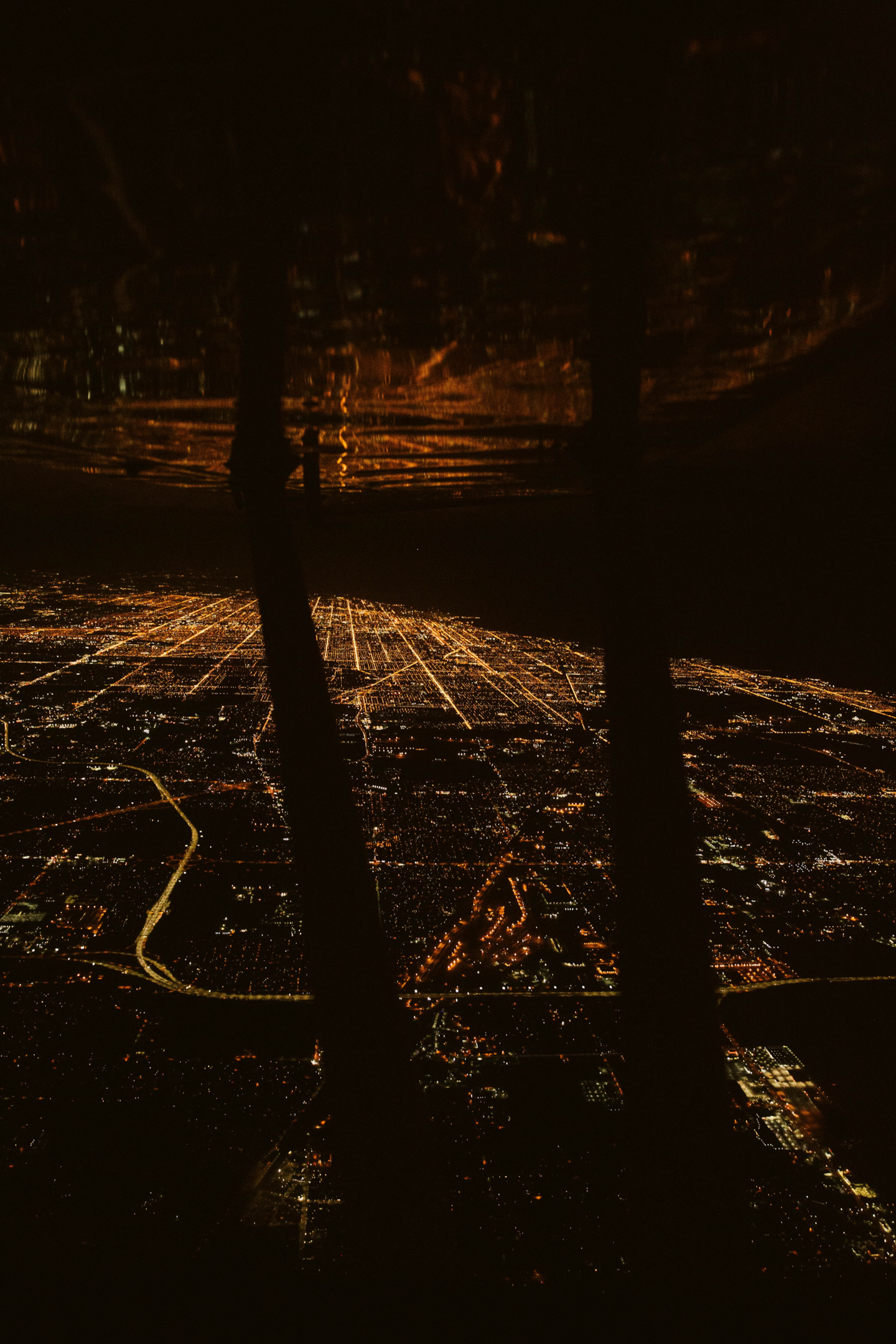
Additionally, while you can fly internationally with a private pilot license, you must abide by the aviation laws of the foreign country you're in, which can sometimes be more restrictive than those in the United States.
Lastly, every private pilot is required to maintain a valid medical certificate and undertake a flight review every 24 months with an authorized instructor to ensure their skills and knowledge are up to date. With the landscape of the aeronautical world changing frequently, this measure ensures the safety of everyone in the sky.
A PPL is Better than Many of Its Counterparts
Despite these limitations, it's worth noting that a private pilot's license offers more freedom and fewer restrictions than any other type of recreational aviation license. Understanding these limitations ensures you operate within the legal and safety guidelines, allowing you to fully enjoy the wonders and privileges of private flying.
The safety and legal limitations serve crucial purposes. The prohibition against commercial activities, for instance, is fundamentally about safety. Piloting for compensation or hire often entails greater responsibility and risk, requiring more intensive training and higher levels of proficiency than a private pilot license provides.
The restrictions on visibility conditions under VFR are also safety measures. Without the specialized training provided by an IR, flying in low visibility conditions can lead to loss of control or collisions.
From a legal perspective, the requirement to comply with foreign aviation laws and to maintain current medical certificates and flight reviews ensures that pilots operate under universally accepted safety standards, thereby protecting not only themselves but also their passengers and the public. These limitations underscore the serious responsibility pilots undertake when they become part of the aviation community.
The Gray Areas: Activities That Fall Within Privileges and Limitations
One such area of uncertainty is whether a private pilot can split costs with their passengers. According to Federal Aviation Regulations (FARs), a private pilot can share the operating expenses of a flight with their passengers, provided the pilot pays at least their pro-rata share (i.e., their portion) of the costs. Those expenses involve only fuel, oil, airport expenditures, and rental fees. This rule should not be overstepped, as charging more than a pro-rata share of aircraft operating expenses or advertising cost-sharing flights could be seen by a federal agency as commercial activity, a violation of the privileges of a private pilot license.
Another frequently questioned activity is towing banners. Private pilots are often unsure whether they can tow banners with their private pilot certificate. The answer is yes, under certain conditions. According to the FARs, a private pilot may participate in glider or unpowered ultralight vehicle towing, or conduct banner towing operations, but only after receiving proper training and logging the necessary hours of flight time.
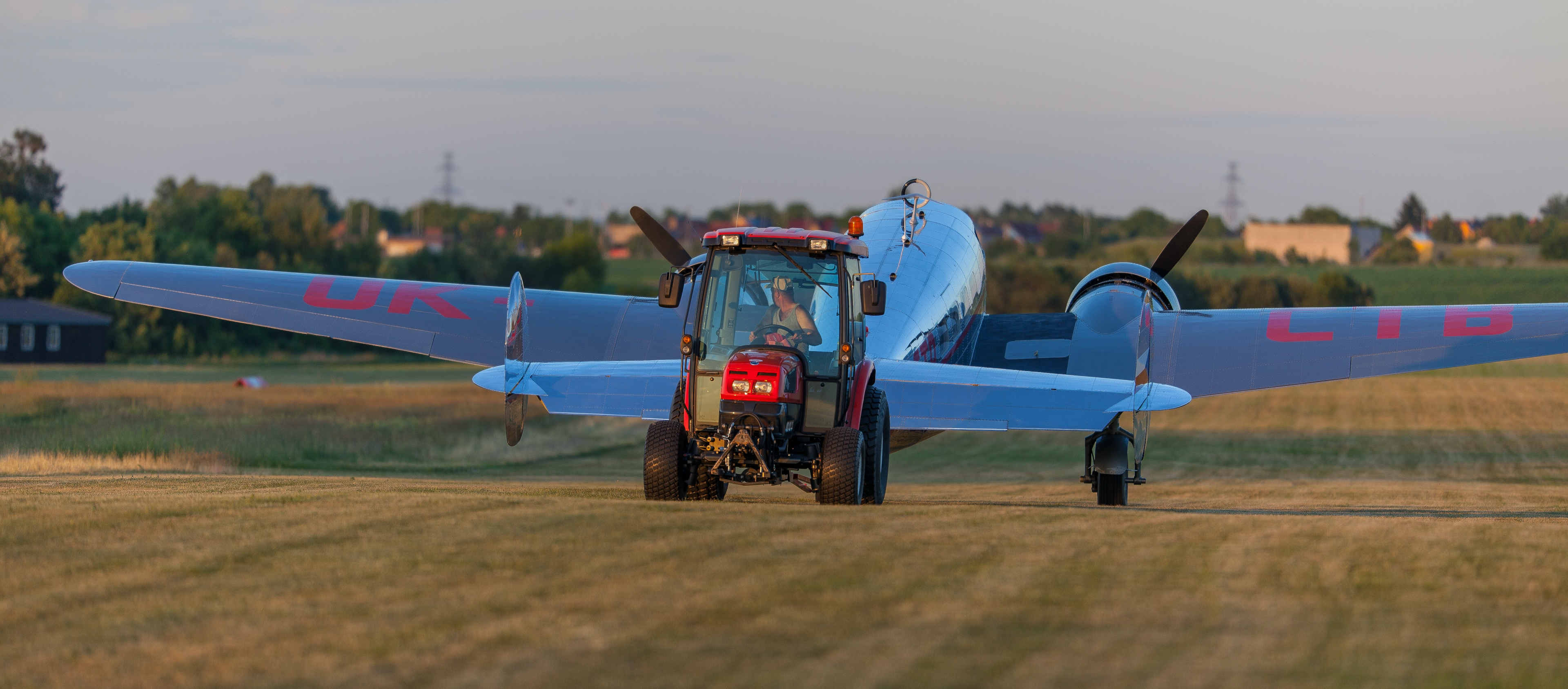
Lastly, there is often confusion about flying for charity events. Can a private pilot fly for a charitable event? The answer is yes, but with limitations. The FAA allows private pilots to participate in certain charitable events, like an air show or a community event flight, but pilots must adhere to specific rules and guidelines, including obtaining the necessary permissions and meeting certain flying experience requirements.
In all these situations, pilots must remember that the overarching idea behind a private pilot certificate is to fly for personal enjoyment and not for commercial gain. When in doubt, it's always best to consult with a knowledgeable resource such as a trusted flight instructor or the FAA directly to ensure all activities align with the privileges and limitations of a private pilot license.
Importance of Recognizing the Boundaries
Understanding and respecting the limitations of a private pilot certificate is crucial, and failure to do so can have serious implications. First and foremost, disregarding the rules undermines the safety of the pilot, the passengers, and others in the airspace. Flying in conditions beyond the pilot's training or operations conducted for commercial purposes without the necessary qualifications can lead to accidents and loss of life.

Secondly, non-compliance can result in severe legal consequences. Violating aviation laws, both domestic and international, can lead to fines, suspension, or even revocation of the pilot certificate. Furthermore, it can negatively impact the pilot's reputation within the aviation community and could hinder opportunities for further flight training or employment in the aviation industry.
Lastly, not adhering to the regulations can also have financial implications. Unauthorized commercial activities or flying in breach of the rules could invalidate the insurance on the aircraft, leading to enormous out-of-pocket expenses in case of an accident or incident.
It's essential for a private pilot to always remember that the license is more than just a certificate - it's a testament to the pilot's commitment to safety, responsibility, and the shared codes of conduct in the aviation community.
Overview
While a private pilot certificate affords you the freedom to take to the skies, it comes with a clear set of privileges and limitations. A private pilot cannot engage in commercial activities and must operate under VFR unless they have received additional specialized training necessary for Instrument Flight Rules. Furthermore, pilots must respect and adhere to both domestic and international aviation laws, keep a valid medical certificate, and maintain their skills with a flight review every 24 months.
There are, however, some areas of ambiguity, such as cost-sharing with passengers, banner towing, and participation in charity events. In these instances, specific rules apply and pilots should consult with a trusted instructor or the FAA directly to ensure they remain within their rights and restrictions.
Ultimately, the key takeaway is the importance of understanding and respecting the limitations of your private pilot certificate. Failure to do so jeopardizes safety, could result in legal and financial consequences, and undermines the shared responsibility of the aviation community. So, while the skies may be wide open, a private pilot should always remember to fly within the guidelines of their license, prioritizing safety over all else.
it is imperative to remember that having a PPL is both a privilege and a responsibility. The freedom to navigate the skies, traverse vast landscapes from a bird's eye view, and share the joy of flight with others, comes with a clear set of rules and limitations. These are not mere suggestions, but absolute mandates that ensure the safety and integrity of the entire aviation community.
Conclusion
An informed, responsible pilot is one who acknowledges and respects these limitations, never attempting to bend the rules for personal gain or convenience. Remember, your PPL is a testament to your commitment to safety, discipline, and the shared values of the aviation world. It symbolizes not just your ability to fly, but your dedication to upholding the highest standards of conduct within the skies.
Continuing to explore, learn, and grow as a pilot is an ongoing journey that doesn't end with obtaining your PPL. The privileges and limitations of a private pilot license are complex and multifaceted - they require careful study and a deep understanding.
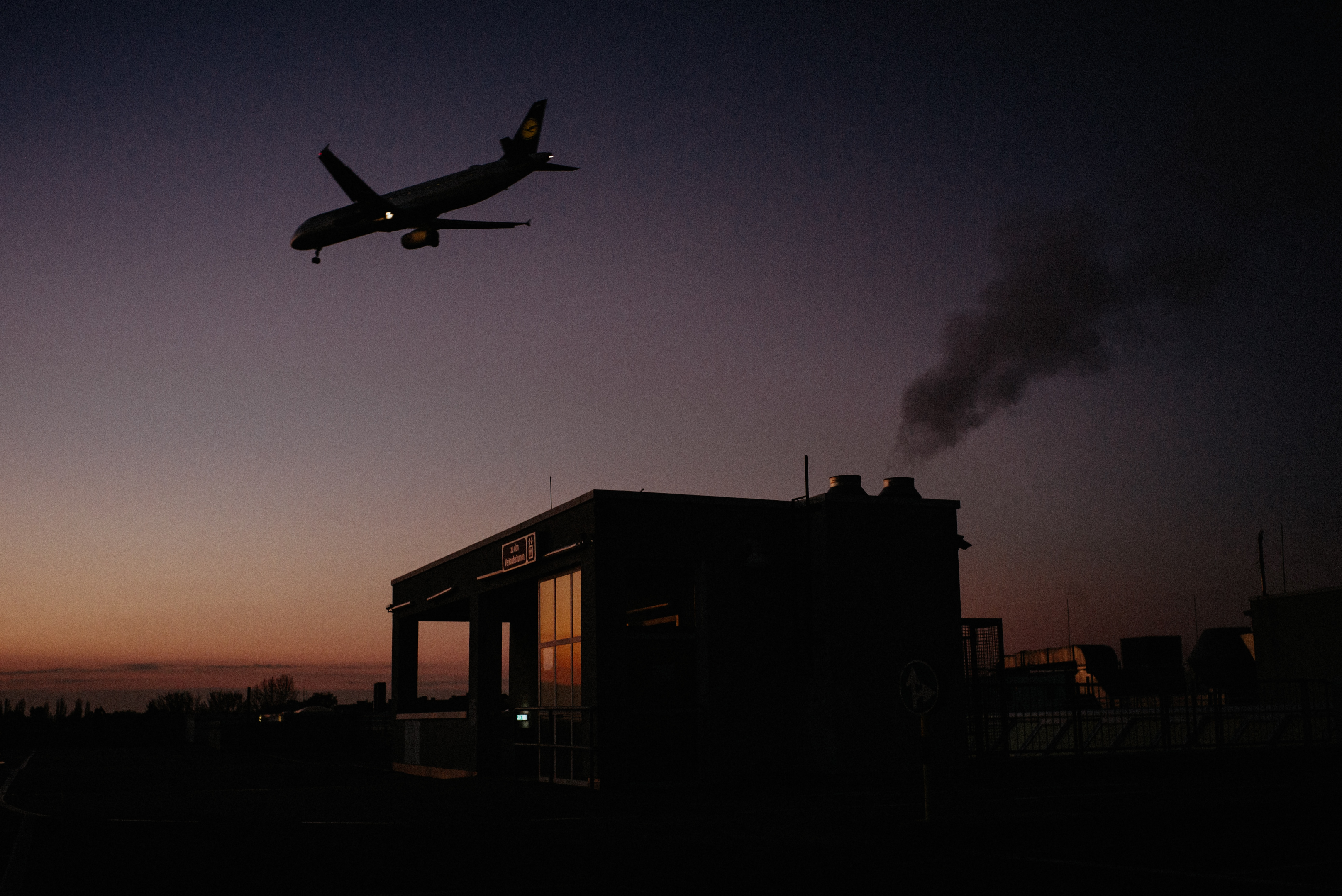
Remember, knowledge fosters confidence and safety in the skies. We encourage you to actively seek further information and training to fully comprehend the intricacies of your PPL. Engage with your flight instructor, participate in flight safety seminars, consult FAA resources, or join a pilot community. Every step you take towards expanding your knowledge reinforces your commitment to being a responsible pilot. The sky is the limit, but only when navigated with wisdom and responsibility.
There has never been a better time to join an exciting community of aviation enthusiasts and take the first step toward realizing your dream of soaring the skies! Visit the Flight Nerd Air Force community and sign up for a free membership today. This exceptional community offers a wealth of resources for budding pilots, including the latest industry news, insightful discussions, and practical advice from experienced pilots.
If you've ever dreamt of acquiring your private pilot license, this is your sign! Explore our comprehensive guides, connect with like-minded individuals, and embark on this thrilling journey. Remember, the sky isn't the limit; it's just the beginning. Become a part of the Flight Nerd Air Force today and let your aviation dreams take flight!
